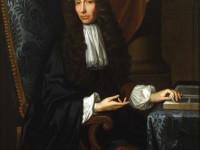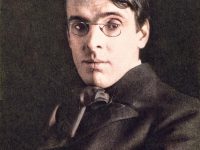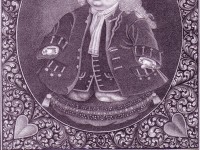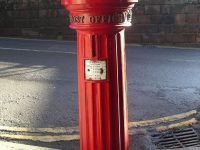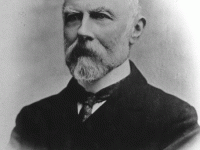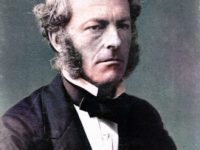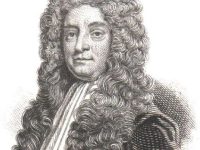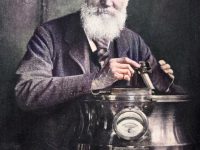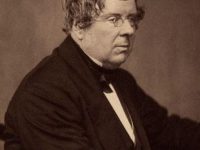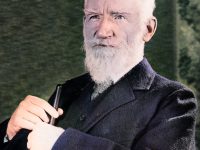Robert Boyle – The Sceptical Chemist
On December 31, 1691, Anglo-Irish natural philosopher, chemist, physicist and inventor Robert Boyle passed away. Boyle is largely regarded today as the first modern chemist, and therefore one of the founders of modern chemistry, and one of the pioneers of modern experimental scientific method. He is best known for Boyle’s law, which describes the inversely proportional relationship between the absolute pressure and volume of a gas, if the temperature is kept constant…
Read more

